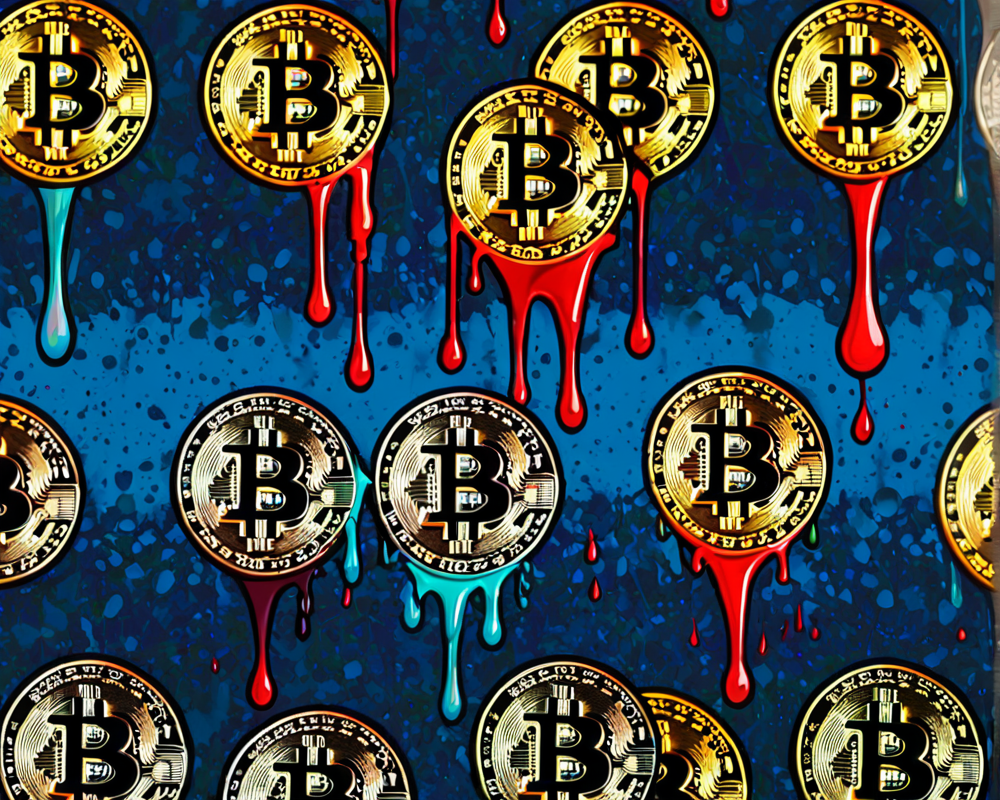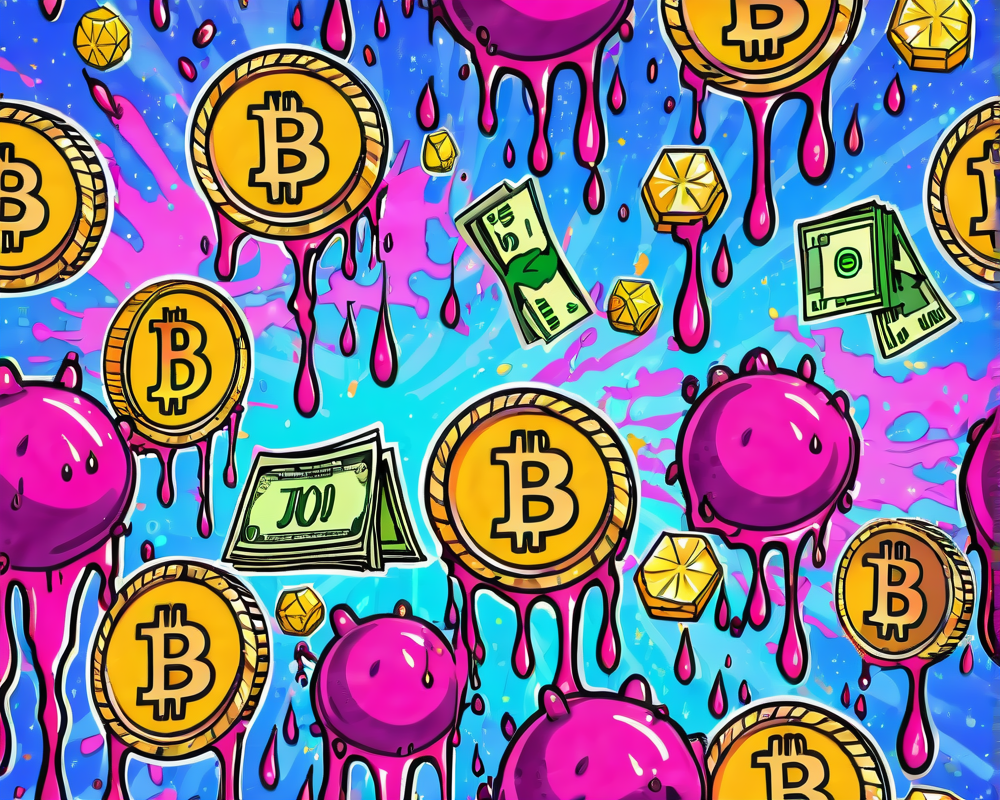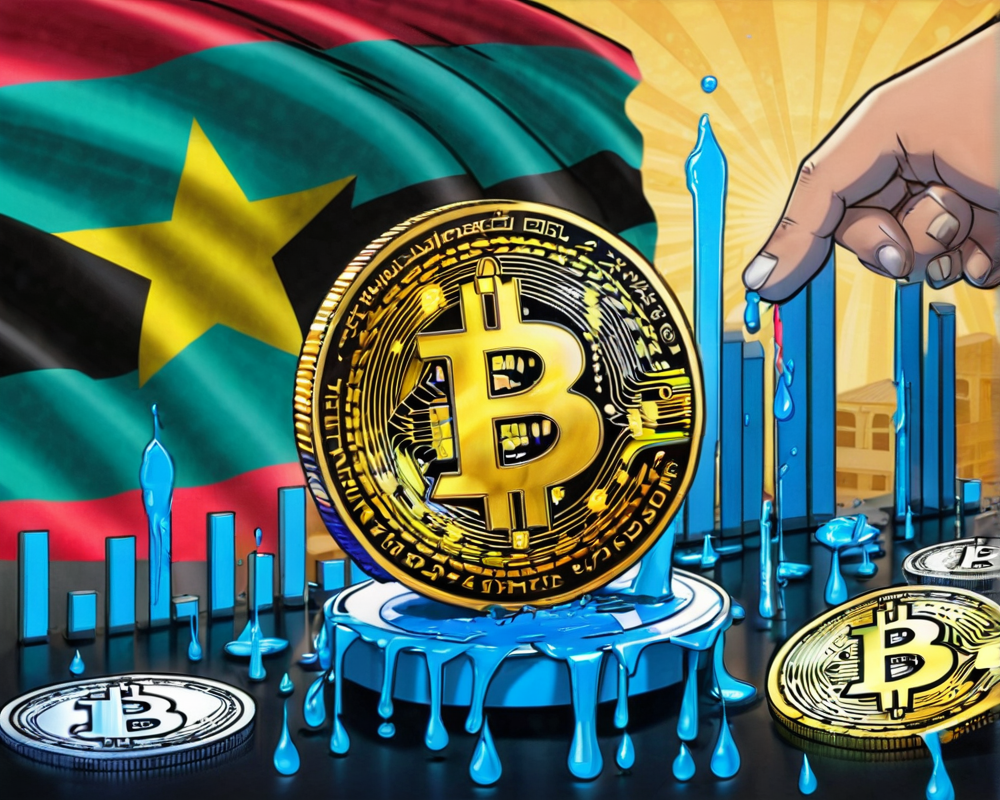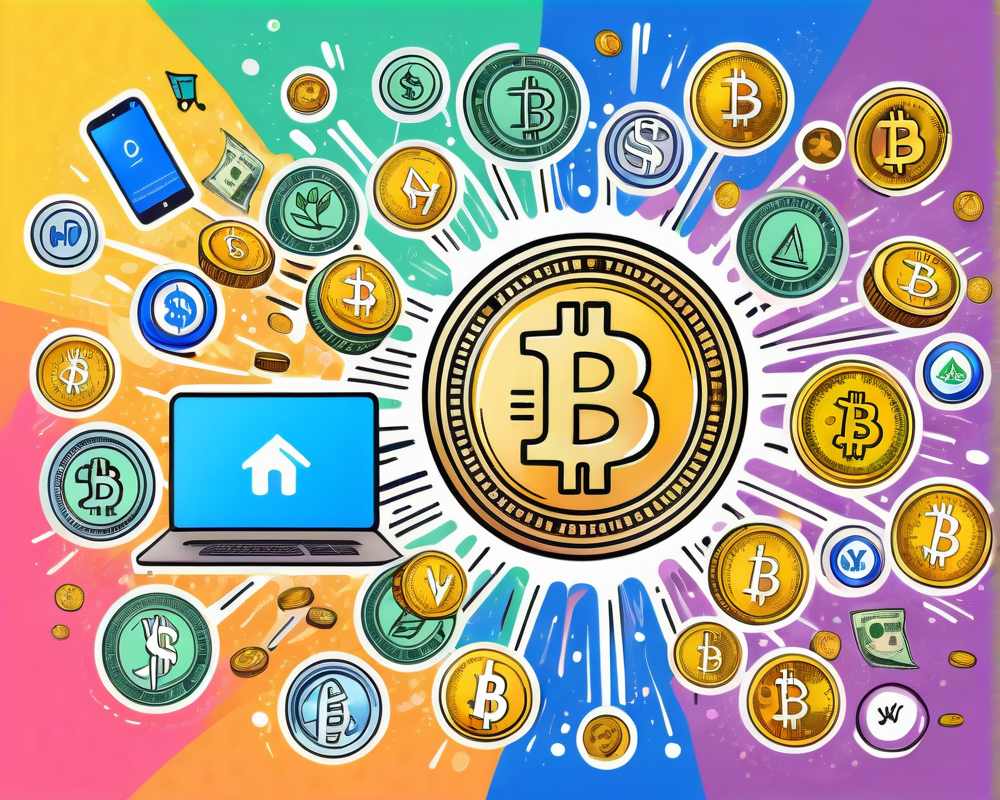The Bahamas Makes History with Sand Dollar: A Digital Currency Revolution
The Bahamas launches its Sand Dollar CBDC, marking a significant milestone in global digital currency developments. What does this mean for the future?
Nigeria’s Central Bank Eyeing Stablecoins and Blockchain: A New Financial Era?
Discover how Nigeria’s central bank plans to adopt stablecoins, blockchain for CBDC, and regulate ICOs in its payments landscape by 2025.
Bitcoin: A New Global Reserve Currency on the Horizon?
Could Bitcoin become a new global reserve currency? Discover the shifting dynamics in international trade and economic power in today’s chaotic market.
Exploring the Future of Currency: Australia’s CBDC Pilot Program Insights
Discover the implications of Australia’s CBDC pilot program. Explore use cases, risks, and the potential future of digital currency in the land Down Under.
Navigating the Crypto Bear Market: Resilience or Ruin?
Discover strategies to navigate the crypto bear market, understand its history, and learn if there’s a silver lining for digital assets.
Understanding Macro Markets: Money Fundamentals and Crypto Dynamics
Join Marcel Pechman on Macro Markets for insights on money basics, crypto dynamics, and housing market impacts every Friday at 12 pm ET.
Susan M. Collins: Pioneering Leadership at the Boston Fed
Susan Collins is set to lead the Boston Fed as its first Black woman president, marking a historic moment in U.S. monetary policy.
Tanzania’s Central Bank Weighs Digital Currency Options: A Cautious Approach
Tanzania’s central bank is researching CBDCs with a cautious, risk-based approach, facing challenges but exploring digital currency possibilities.
Sri Lanka’s Economic Debate: Bitcoin as a Legal Tender?
A look into Tim Draper’s proposal for Bitcoin adoption in Sri Lanka and the central bank’s response.
Navigating the Digital Currency Dilemma: Household Welfare vs. Bank Stability
Explore how stablecoins & CBDCs could improve household welfare while destabilizing banks, according to a recent U.S. Treasury study.









